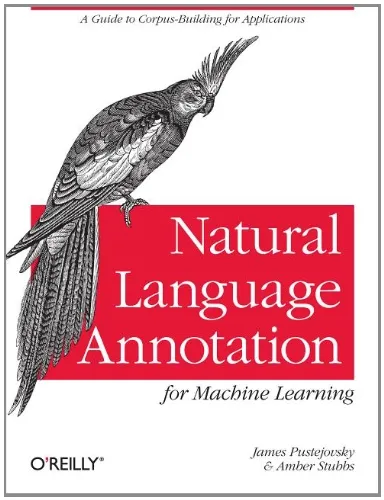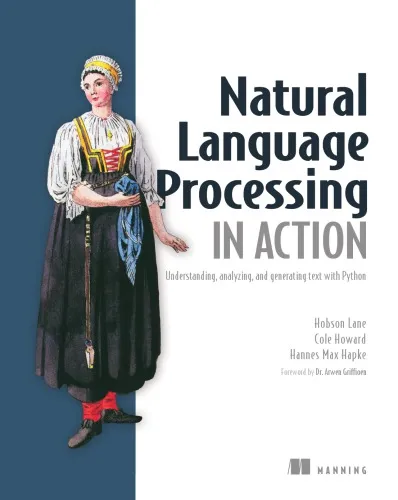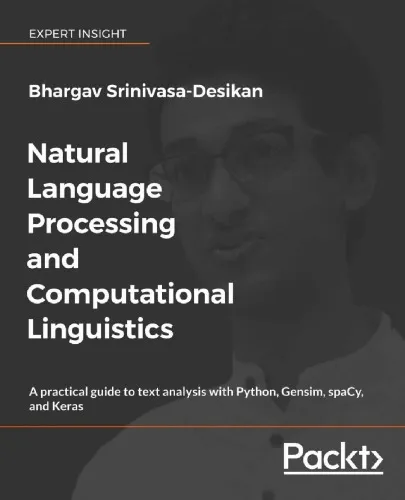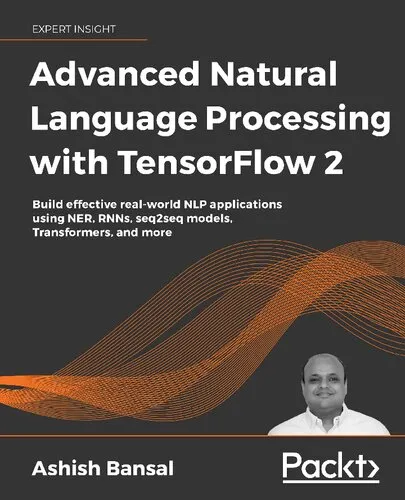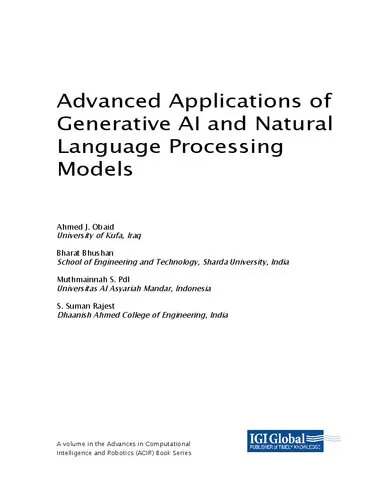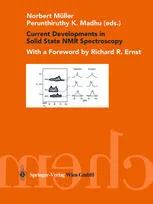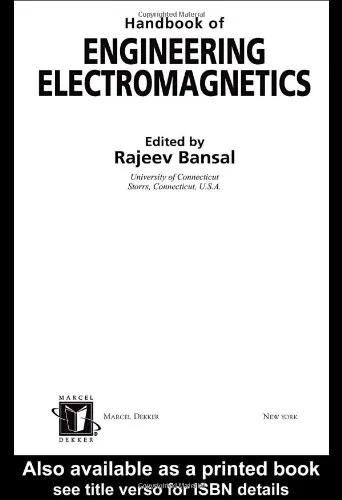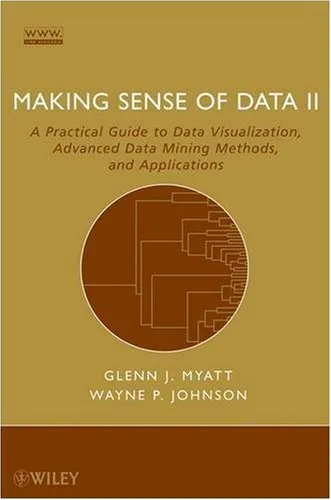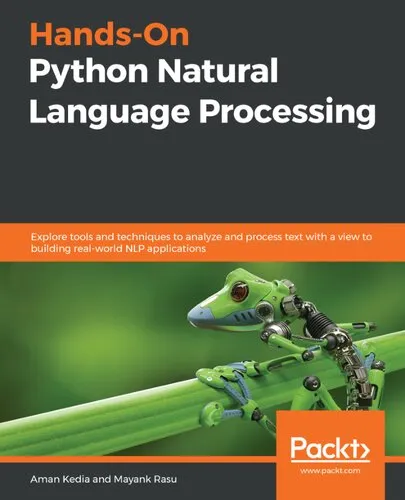Natural Language Annotation for Machine Learning: A guide to corpus-building for applications
4.4
Reviews from our users

You Can Ask your questions from this book's AI after Login
Each download or ask from book AI costs 2 points. To earn more free points, please visit the Points Guide Page and complete some valuable actions.Related Refrences:
Introduction to "Natural Language Annotation for Machine Learning: A Guide to Corpus-Building for Applications"
In the growing field of machine learning and artificial intelligence, natural language processing (NLP) plays a crucial role in shaping human-technological interaction. However, the foundation of any successful NLP system is high-quality annotated data. The book "Natural Language Annotation for Machine Learning: A Guide to Corpus-Building for Applications" by James Pustejovsky and Amber Stubbs offers an in-depth guide to the intricate process of creating, curating, and managing corpora for machine learning applications. Whether you're just starting in this domain or are a seasoned practitioner, this book provides invaluable insights into the methodologies of annotation and corpus development, enabling you to build systems that truly understand human language.
Detailed Summary of the Book
"Natural Language Annotation for Machine Learning" is an essential resource for those working on creating annotated corpora for natural language processing tasks. The book bridges the gap between linguistics and machine learning, offering readers practical strategies to annotate data effectively. It takes you through the complete pipeline of corpus-building, beginning with data selection and extending to pre-annotation, post-annotation validation, and managing disagreements between annotators.
The authors deliberately breakdown complex technologies and concepts into digestible steps, demonstrating how to achieve clarity and structure while labeling linguistic data. Notably, the book places an emphasis on both automated and manual annotation techniques, ensuring readers gain a comprehensive understanding of these processes. Additionally, it explores the challenges of designing annotation schemas, measuring annotation quality through inter-annotator agreement, and constructing corpora with the consistency necessary for machine learning success.
The book is also replete with real-world case studies and examples that illustrate its concepts, making it directly applicable to practical projects. In addition to its technical content, the authors discuss ethical considerations relevant to annotating human language data, such as handling bias and preserving user privacy. This makes it a holistic resource for anyone invested in responsibly developing AI systems reliant on language data.
Key Takeaways
- Framework for Corpus Annotation: Learn how to design scalable and maintainable annotation schemas for various NLP tasks such as named entity recognition, sentiment analysis, and dependency parsing.
- Understanding Annotation Quality: Explore key metrics like inter-annotator agreement and error analysis to ensure your annotated data is reliable for training machine learning models.
- Balancing Automation and Human Effort: Discover best practices for leveraging automated tools alongside human annotators to produce accurate, high-quality data more efficiently.
- Ethical Considerations: Gain insights into recognizing ethical issues that arise in corpora creation and methods for addressing them effectively.
- Practical Examples: Benefit from case studies and real-world scenarios that demonstrate how to manage the end-to-end annotation process.
Famous Quotes from the Book
This book is as much an academic guide as it is a reflection on the interdisciplinary challenges of computational linguistics. Here are a few notable excerpts that capture its wisdom:
"Annotation is not merely about labeling data; it is about crafting a resource that reflects both linguistic insight and computational needs."
"A well-constructed corpus is like a carefully maintained garden—what you put into it will determine what you can ultimately harvest."
"The goal of machine learning on linguistic data is not perfection but actionable understanding delivered at scale."
Why This Book Matters
In the realm of machine learning, the importance of data cannot be overstated. "Natural Language Annotation for Machine Learning" stands out because it equips readers with the knowledge to construct data pipelines and annotation workflows that are robust, scalable, and ethical.
Many applications in NLP—such as opinion mining, conversational AI, and automated translation—rely on large volumes of accurately annotated text. Without high-quality data, even the best machine learning algorithms will fail to generalize effectively. This book not only emphasizes the critical role of data but also empowers its readers with the tools and methods to annotate and manage datasets that drive innovation.
Furthermore, the book engages with the human side of technology. By delving into how humans and machines interact during the annotation process, it provides a unique perspective on bridging the gap between linguists, annotators, and machine learning practitioners. Its focus on ethical issues, such as combatting bias and ensuring user privacy, puts it ahead of other technical guides in the field.
In essence, this book is critical for anyone looking to push the boundaries of what NLP and machine learning can achieve, while simultaneously adhering to principles that respect the intricacies of human language.
Free Direct Download
You Can Download this book after Login
Accessing books through legal platforms and public libraries not only supports the rights of authors and publishers but also contributes to the sustainability of reading culture. Before downloading, please take a moment to consider these options.
Find this book on other platforms:
WorldCat helps you find books in libraries worldwide.
See ratings, reviews, and discussions on Goodreads.
Find and buy rare or used books on AbeBooks.
1448
بازدید4.4
امتیاز0
نظر98%
رضایتReviews:
4.4
Based on 0 users review
Questions & Answers
Ask questions about this book or help others by answering
No questions yet. Be the first to ask!
